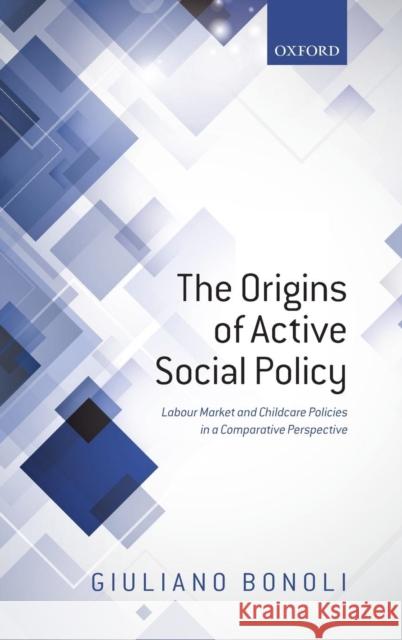Origins of Active Social Policy: Labour Market and Childcare Policies in a Comparative Perspective » książka
Origins of Active Social Policy: Labour Market and Childcare Policies in a Comparative Perspective
ISBN-13: 9780199669769 / Angielski / Twarda / 2013 / 272 str.
Origins of Active Social Policy: Labour Market and Childcare Policies in a Comparative Perspective
ISBN-13: 9780199669769 / Angielski / Twarda / 2013 / 272 str.
(netto: 585,56 VAT: 5%)
Najniższa cena z 30 dni: 593,39
ok. 30 dni roboczych
Dostawa w 2026 r.
Darmowa dostawa!
Since the mid-1990s European welfare states have undergone a major transformation. Relative to the post-war years, today they put less emphasis on income protection and more on the promotion of labour market participation. This book investigates this transformation by focusing on two fields of social policy: active labour market policy and childcare. Throughout Europe, governments have invested massively in these two areas. The result, a more active welfare state, seems a rather solid achievement, likely to survive the turbulent post-crisis years. Why? Case studies of policy trajectories in seven European countries and advanced statistical analysis of spending figures suggest that the shift towards an active social policy is only in part a response to a changed economic environment. Political competition, and particularly the extent to which active social policy can be used for credit claiming purposes, help us understand the peculiar cross-national pattern of social policy reorientation. This book, by trying to understand the shift towards an active welfare state, provides also an update of political science theories of social policy making.











